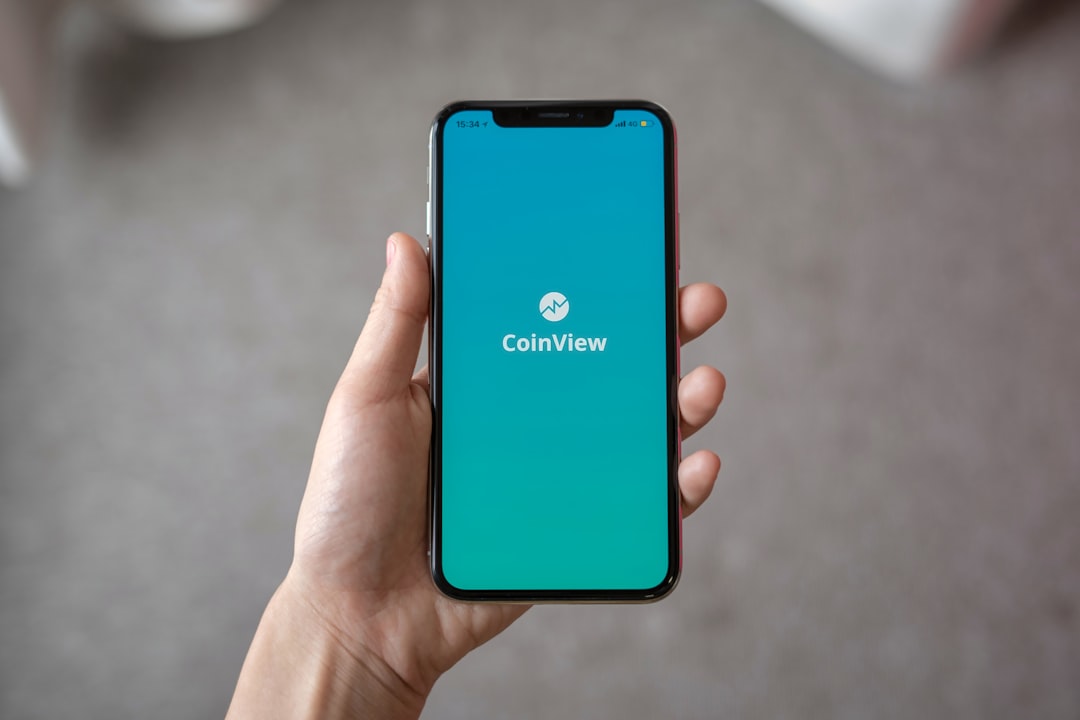In today's digital era, understanding state-specific regulations like Do Not Call laws is crucial for businesses and consumers alike. West Virginia and Ohio differ significantly in their approaches: West Virginia's law offers long-term protection with exceptions, while Ohio allows business calls within 30 days of registration with caller ID. For businesses engaging in telemarketing, compliance is essential to avoid fines and reputational damage. Consulting a lawyer specializing in Do Not Call Laws Ohio can navigate these complexities, ensuring respect for consumer choices. Ohio residents can protect their privacy by registering on the state's Do Not Call list and understanding exemptions for non-commercial organizations, with legal guidance from a specialized lawyer for Do Not Call Laws Ohio.
“Exploring Do Not Call Law Variations: West Virginia vs. Ohio presents an intriguing study in contrast. Both states, while sharing a border, have distinct regulations regarding telemarketing and consumer privacy. This article delves into the nuances of these laws, focusing on West Virginia’s and Ohio’s approaches. We examine how these variations impact both consumers and businesses, highlighting potential pitfalls and benefits. Additionally, we offer insights on why seeking legal counsel from a specialist in Ohio’s Do Not Call Laws can be pivotal for navigating these differences effectively.”
Understanding Do Not Call Laws: A Comparison Between West Virginia and Ohio

In today’s digital era, understanding state-specific regulations like Do Not Call laws is more crucial than ever, especially for businesses aiming to maintain customer relations. Both West Virginia and Ohio have implemented such laws to protect residents from unsolicited phone calls, but significant variations exist that can impact how businesses operate in these states.
West Virginia’s Do Not Call law is administered by the State Corporation Commission (SCC), which allows consumers to register their phone numbers on a “Do Not Call” list. This list prohibits telemarketers from making calls to registered numbers for 5 years, with exceptions for certain types of calls like those from non-profit organizations or healthcare providers. Ohio, on the other hand, has its Do Not Call law enforced by the Attorney General’s office. Residents can register their numbers online or through a mail-in form, and it covers both telemarketers and solicitors. Interestingly, Ohio allows businesses to call registered numbers for up to 30 days after registration if the caller ID displays the company’s name and number. This contrasts with West Virginia, where calls within that 30-day period are prohibited unless the consumer has given explicit consent. A lawyer specializing in Do Not Call laws in Ohio can help businesses navigate these intricacies and ensure compliance.
The Impact of These Variations on Consumers and Businesses

The variations in Do Not Call Laws between West Virginia and Ohio have significant implications for both consumers and businesses. For consumers, these laws provide a crucial mechanism to protect their privacy and reduce unwanted telemarketing calls. In Ohio, consumers can register their numbers on the state’s Do Not Call list, effectively banning most commercial calls, offering them greater control over their communication preferences. This is especially beneficial for those who receive numerous spam calls or have specific privacy concerns.
On the business side, understanding and adhering to these laws are essential, particularly for companies engaged in telemarketing activities. A lawyer specializing in Do Not Call Laws in Ohio can guide businesses on navigating the complexities of these regulations. Failure to comply can result in significant fines and damage to a company’s reputation. Businesses must implement robust processes to ensure they respect consumer choices, thereby fostering trust and maintaining legal integrity.
How a Lawyer Can Help Navigate These Differences

When it comes to navigating the complexities of Do Not Call laws, especially between West Virginia and Ohio, a lawyer can be an invaluable asset. These laws vary significantly, with each state having its own regulations regarding telemarketing practices and consumer rights. In Ohio, for instance, the Attorney General’s office enforces the Do Not Call Law, which offers residents protection from unwanted phone calls. However, West Virginia has a different approach, with its own set of rules and exceptions.
Engaging a lawyer specializing in Do Not Call Laws in Ohio can provide crucial guidance on how these laws apply to your specific situation. They can help you understand the nuances of both states’ regulations, ensuring compliance and protecting your rights as a consumer. A legal expert can also assist with drafting and filing registration requests, managing any potential disputes, and offering strategic advice tailored to the unique challenges presented by these varying state laws.
Protecting Your Rights: Key Takeaways for Ohio Residents

In Ohio, residents have rights under the state’s Do Not Call laws, designed to protect them from unwanted telemarketing calls. Understanding these laws is crucial for any Ohioan who wishes to safeguard their personal time and privacy. Key takeaways include recognizing that Ohio law allows residents to register their phone numbers on the state’s Do Not Call list, effectively blocking most commercial calls. It’s also important to note that while non-commercial calls are generally exempt, a lawyer for Do Not Call Laws Ohio can help clarify any confusion.
Additionally, residents should be aware of their rights to refuse calls from specific types of organizations, such as political campaigns or charities. A lawyer specializing in these laws can guide Ohioans on how to file complaints if their rights are violated. By staying informed and taking advantage of these protections, Ohio residents can enjoy more peaceful interactions with telemarketers and better control over their communication preferences.






